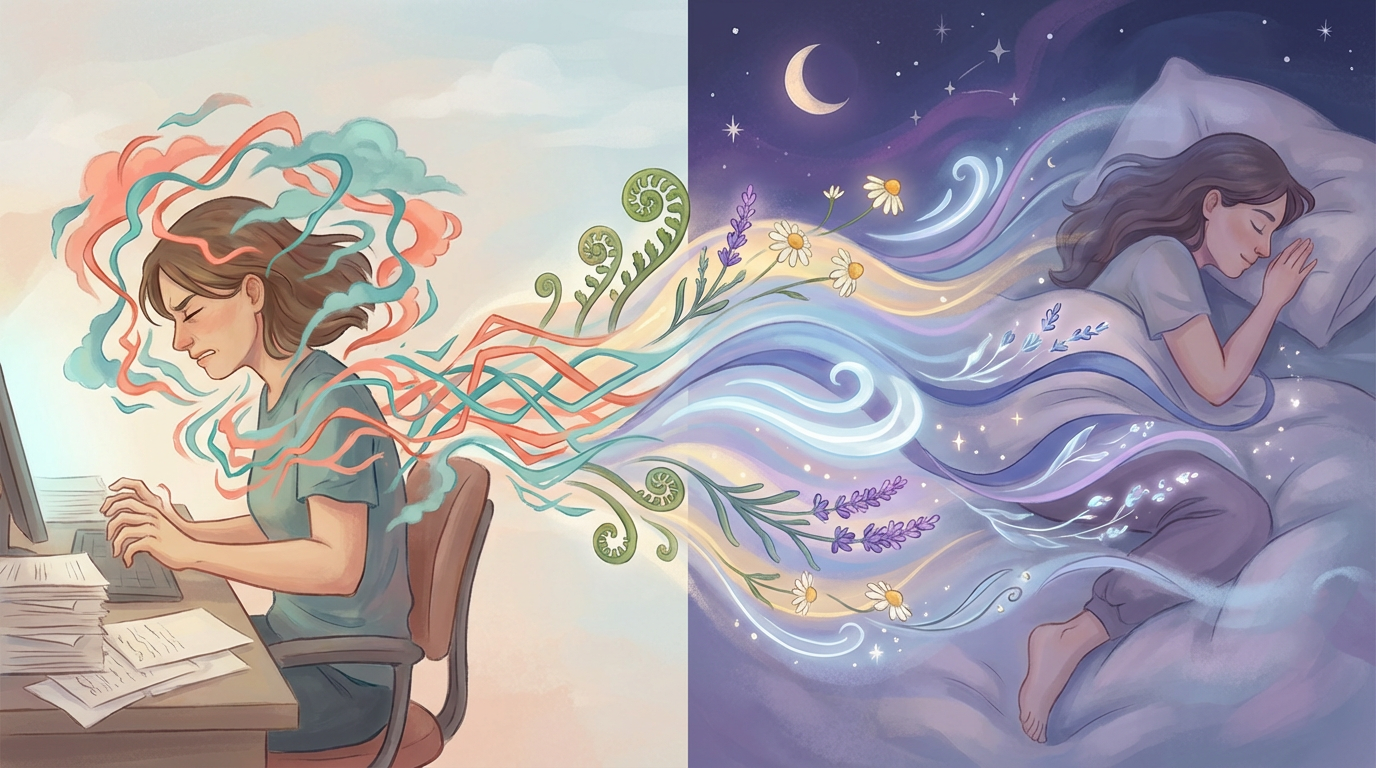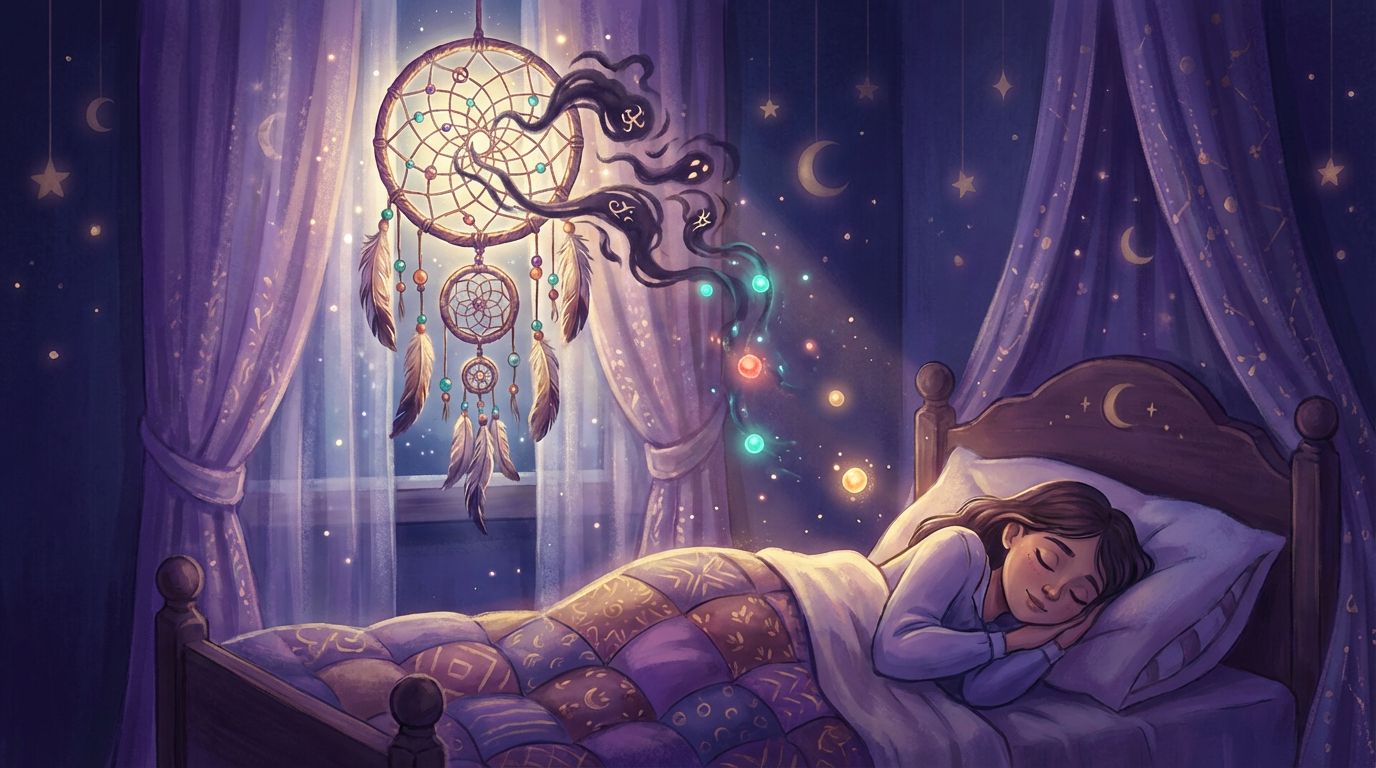
Managing Grief: The Grieving Process and Ways To Cope
Grief is a natural and universal human experience that occurs in response to tragedy or loss. Though we each grieve in our own way, grieving allows us to begin the healing process.
Understand that there is no one right way to grieve, and everyone copes differently. It can be a very tough journey, but grief is a vital step in the healing process. Whether you are grieving the loss of a loved one, a job, or anything else, there are ways to cope.
In this post, you will find information and resources on managing grief. You will learn about the different stages of grief, how to deal with difficult emotions, and how to find support.
Grieving: A Natural Response to Loss
Grief is a natural reaction to loss. It is the act of dealing with and adapting to a significant change or bereavement in your life.
Grief has been explained in many ways throughout history. In books, it is commonly shown as a monster or an abyss. However, various cultures see grief as more of a journey or a process of maturation. Nowadays, some people look at grief as occurring through different stages, while others see it as more of a continuous, non-linear process.
Scientists, meanwhile, tend to look at grief from a more biological perspective. They believe that grief is an evolutionary response that helps us deal with loss and adapt to change.
Whatever way you look at it, grief is a normal and natural response to loss. It is a complex mix of emotions, thoughts, and behaviors that can be extremely painful and difficult to cope with. While grieving, you may experience all kinds of intense emotions, from guilt to disbelief, shock, anger, and extreme sadness.
Not only will your mental state be impacted, but your physical well-being as well. This can make it tough to complete everyday tasks such as eating and sleeping or causes you to have a difficult time thinking clearly. A recent study even showed grief to cause a drop in academic performance.
While these are normal reactions to loss, each person will experience grief differently.
What Causes Grief?
Many things can cause grief, including the death of a loved one, the end of a relationship, job loss, physical illness, or anything else that causes a significant change or loss in your life. Here are some of the most common causes of grief:
- The death of a loved one. This is the most common cause of grief. The death of a parent, spouse, child, or another family member can be very tough to deal with. You may find yourself feeling isolated, confused, and overwhelmed.
- The end of a relationship. The end of a romantic relationship, whether by break-up or divorce, can be very difficult. You may feel shocked, hurt, and angry. If the relationship was a long one, you may also feel like you have lost a part of yourself.
- Job loss. Losing your job can be a major blow to your self-esteem. You may feel angry, lost, and scared about the future.
- Physical illness. Grief is not just caused by death. A diagnosis of a serious illness can also cause grief. You may worry about your health, your treatment, and how the illness will affect your life.
- The loss of a pet. For many people, pets are like family members. Losing a pet can be very difficult and cause feelings of sadness, loneliness, and guilt.
- The death of a celebrity. While it may seem strange, the death of a celebrity can also cause grief. This is because celebrities often feel like they are part of our lives. When they die, it can be a reminder of our own mortality.


The Five Stages of Grief
While there is no one “right” way to grieve, most people experience a similar process. Elisabeth Kübler-Ross, a psychiatrist who studied death and dying, identified five stages of grief in her book On Death and Dying.
These stages are:
Denial
As soon as we experience a loss, our brain goes into protection mode. We may deny that the loss has happened or try to convince ourselves that it’s not as bad as it seems. This is a defense mechanism that helps us to cope with the shock and pain of the loss.
Anger
After the initial denial, we may start to feel angry. We may be angry with ourselves, the person who caused the loss, or even with God. This is a normal part of the grieving process and it’s important to allow yourself to express these feelings.
Bargaining
In this stage, we may try to make deals with God or the universe in order to undo the loss. For example, we may promise to be a better person if only our loved one will come back to us. We may also start to look for someone to blame for the loss.
Depression
With the reality of the loss sinking in, we may start to feel overwhelmed by sadness and despair. We may withdraw from our usual activities and lose interest in the things that we used to enjoy. This is a normal part of grieving, and it’s important to give yourself time to adjust to your new reality.
Acceptance
In this final stage, we come to terms with the loss and start to rebuild our lives. We may never completely forget the person or thing that we lost, but we learn to live without them. We may also find new meaning in our lives and develop a new sense of self.
Again, everyone grieves differently. You may not experience all of these stages, or you may not experience them in this order. You may also find that you cycle through these stages multiple times before finally reaching acceptance.
Effects of Grief
We've touched on some of the effects of grief already, but it's worth exploring in a little more detail. Grief can have both short-term and long-term effects and present itself through mental and physical symptoms.
In the short-term, grief can cause:
Sleep problems
Our sleep patterns are controlled by a part of the brain called the hypothalamus. This regulates our circadian rhythm, or body clock, which tells us when it’s time to sleep and wake up.
The stress of grieving can disrupt the hypothalamus, leading to insomnia and poor sleep quality. This can then have a knock-on effect, making it difficult to concentrate and causing fatigue.
Loss of appetite or overeating
When we’re grieving, we may lose our appetite or comfort eat. This is because the stress of grief can affect the part of the brain that controls hunger.
Some people may also find that they have a hard time swallowing or chewing food. This is known as dysphasia and is a common symptom of grief.
Digestive problems
The stress of grieving can also lead to digestive problems such as constipation, diarrhea, and stomach pain. This is because grief can cause the digestive system to slow down or speed up. Sometimes, these problems can last for months or even years.
Anxiety and depression
Grief can trigger anxiety and depression. While it’s normal to feel sad and down after a loss, these feelings should start to improve after a few weeks. If they don’t, it could be a sign of something more serious.
Other short-term effects of grief include:
- Headaches
- Muscle tension
- Dizziness
- Increased heart rate
- Chest pain
- Shortness of breath
- Problems with concentration and memory
- Intrusive thoughts
- Nightmares
- Irritability and mood swings
Other effects include trouble hearing or hearing loss, tinnitus, and changes in taste and smell.
In the long term, grief can cause:
Chronic stress
Chronic stress is when the body is in a constant state of stress. This can lead to a whole host of problems such as anxiety, depression, hearing impairment, and heart disease.
A weakened immune system
Grief can cause a weakened immune system, making you more susceptible to colds and infections.
In the long-term, grief can also cause:
- High blood pressure
- Heart disease
- Diabetes
- Obesity
- Stroke
- Alzheimer’s disease
- Cancer
Complicated Grief
Complicated grief is when someone experiences prolonged and intense grief that lasts for more than six months. This can lead to many of the problems mentioned above. People with complicated grief may also feel numb and disconnected from the world. Daily life may feel meaningless and they may have trouble doing simple tasks.
If you think you might be experiencing complicated grief, it’s important to see a doctor or mental health professional.


You May Find Grief Comes in Waves
It’s important to remember that grief comes in waves. When you first experience loss, your grief may feel all-encompassing. But with time, it will come in smaller bouts and become easier to handle. Grief comes in waves for a variety of reasons, including:
Being a Lot to Process
When you lose someone or something close to you, the news can come as a shock. You may experience numbness initially and not actually believe it has happened. Give yourself time to process what has happened/is happening.
You Need Time to Accept a New Reality
It takes time to get used to a new reality without that person or thing. You might forget that the person is not around and call out for them accidentally. Until it happens to you, you have no idea how you will respond. But know, that things will become easier with time.
Healing is Not Linear
One person dealing with grief may spend months crying and not being able to get out of bed. Another person can move through this stage quickly. You may even move backward and forward between the stages of grief.
Triggers are Everywhere
Small things can trigger waves of grief, such as seeing your loved one’s jacket or the chair they used to sit in. These simple things can trigger anxiety, sadness, or even a panic attack.
How to Support Yourself and Manage Grief
It's hard when you are grieving, but there are ways to help yourself.
Talk about your feelings
Talking about your grief can be really helpful. It can be a release of all the pent-up emotions you have been holding in. It can also help you to make sense of what has happened. When you have difficulty talking about your grief, writing down your thoughts and feelings can also be therapeutic.
Here are some tips to begin talking about your grief:
- Find a supportive listener.
- Pick a good time to talk. You don’t want to be interrupted or feel like you have to hurry.
- Find a comfortable place to talk. It's important to feel safe and comfortable when talking about such a personal topic. Some people prefer to talk outside in nature, while others like to be in their homes.
- Talk about your memories. Sharing stories and memories of the person you lost can be really healing.
- Don’t be afraid to cry. Crying is a natural and healthy way to express grief.
- Prepare what you want to say ahead of time, if it helps. This can make it easier to start the conversation.
- Accept that some people might not be comfortable talking about grief. Some people avoid talking about difficult emotions. That’s okay. Just find someone who will be supportive and understanding.
Attend a support group
If you feel like you can’t talk to your friends or family about your grief, a bereavement support group may be a good option. Here, you will be surrounded by people who understand what you are going through.
Support groups have been shown to be helpful for people dealing with grief. They can provide a sense of community and belonging.
See a therapist
A grief counselor or therapist can help you work through your grief in a healthy way. They know all about the grieving process and grief counseling, and they can help you to understand your emotions. However, it is important to find someone who you feel comfortable with.
Do something to honor your loved one
If you have lost a loved one, there are many things you can do to honor their memory. You could plant a tree in their name, make a donation to a charity they cared about, or write a letter to them.
Oftentimes, doing something to honor our loved ones can help us to feel closer to them and ease the pain of grief. This is why many people choose to get a tattoo in memory of a lost loved one, or wear a piece of jewelry that belonged to them.
Take care of yourself
When you are grieving, it is important to take care of yourself. This includes eating a healthy diet, getting enough sleep and exercise, and avoiding drugs and alcohol. You might not notice some habits you have developed that are harmful to your health, so it is important to be aware of these things.


Meditation for Grief
With all the intense emotions that come with grief, it can be hard to calm your mind. Meditation can help you to focus on the present moment and find some peace. If you’re new to meditation, there are many resources available to help you get started.
Below, we take a look at how meditation can help with grief, as well as some tips for getting started.
How meditation can help with grief
Grief affects us on many levels, including our thoughts, emotions and physical health. Meditation can help to ease the pain of grief by:
Helping us focus on the present
When we are grieving, our thoughts can quickly become wrapped up in the past or the future. This can make us feel even more pain and suffering. Meditation helps us to focus on the present moment, which can provide some relief from the grief.
Allowing us to feel our emotions
It’s common to try to push away our grief because it is so painful. But, by allowing ourselves to feel our emotions, we can begin to heal. Meditation can help us to become more aware of our emotions and accept them.
Reducing stress and anxiety
Grief can cause a great deal of stress and anxiety. Meditation can help to reduce these symptoms by promoting relaxation and peace.
Improving our physical health
The physical symptoms of grief can be very debilitating. When we meditate, we can help to improve our physical health by reducing stress, improving sleep and increasing our immunity.
Tips for getting started with meditation
If you’re new to meditation, you can begin by trying a guided meditation. This is where someone else will lead you through the meditation, step by step. There are many guided meditations available online or on apps like BetterSleep.
You can also try a simple breathing meditation. When you find yourself focusing on your grief, take a few deep breaths and focus on your breath going in and out. Then, try to let go of your thoughts and focus on the present moment.
It’s important to be patient when you are first starting out with meditation. It can take some time to learn how to quiet your mind. But, with practice, it will get easier.
If you’re struggling to deal with your grief, meditation may be a helpful tool. It can provide some relief from the pain and help you to find some peace.


Frequently Asked Questions (FAQs)
I am ashamed of how I am feeling. How do I deal with this?
There is no right or wrong way to feel after a loss. You might experience a range of emotions, including sadness, anger, guilt and confusion. It’s important to allow yourself to feel whatever you are feeling. Don’t try to bottle up your emotions or push them away. This will only make the pain worse. You can start by talking to a close friend or family member about how you are feeling.
I am having trouble sleeping. What can I do?
Grief can often cause sleep problems. You might find it hard to fall asleep or you might wake up in the night and have trouble getting back to sleep. You can try to establish a bedtime routine to help you relax before sleep. This might include reading, taking a bath or listening to soothing music.
My family is not supporting me. What can I do?
It’s often hard to know how to deal with grief when you don’t have the support of your loved ones. If you’re not receiving the support you need from your family, there are other sources of support available. You can reach out to a grief counselor or join a support group. These can be great places to share your feelings and connect with others who are going through similar experiences.
I feel like I am going crazy. What is happening to me?
It’s normal to feel like you are losing your mind after a loss. You might find yourself forgetting things or having trouble concentrating. These are all common symptoms of grief. If you are struggling, reach out to a counselor or therapist who can help you to work through your feelings.
What if I can’t stop thinking about the person I lost?
It’s common to have intrusive thoughts after a loss. You might find yourself fixating on the details of the death or replaying memories of the person you lost. These thoughts can be very distressing. But there are things you can do to cope with them. Meditation can help you to focus on the present moment and let go of intrusive thoughts. You can also try to distract yourself by staying busy or talking to someone about what you’re going through.
My grief is too much to bear, will meditation make it go away?
No, meditation will not make your grief go away. However, it can help you to deal with the pain in a more constructive way. It can also provide some relief from the intensity of the emotions.
I’ve tried meditation but I can’t seem to quiet my mind, what am I doing wrong?
It’s normal to find it difficult to quiet your mind when you first start meditating. It takes practice to learn how to let go of your thoughts and focus on the present moment. Be patient with yourself and keep trying.
I don’t want to feel my emotions, will meditation make me feel them more?
No, meditation will not make you feel your emotions more. In fact, it can help you to become more aware of them and accept them.






















